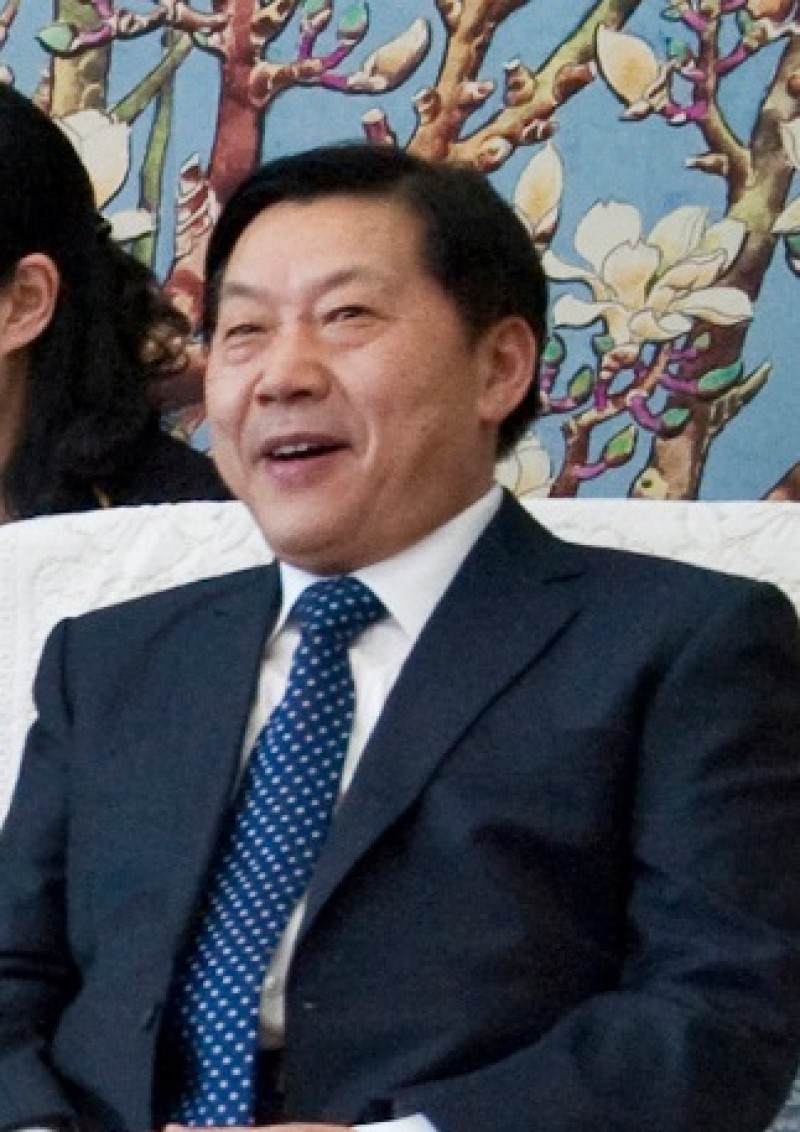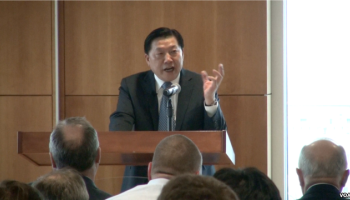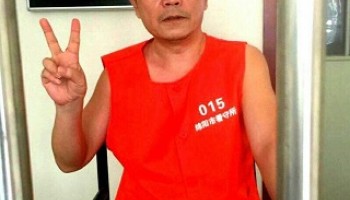"Lu Wei also made a final statement to the court, and admitted guilt and expressed regret," Xinhua said.
Wei became the head of the Cyberspace Administration of China (CAC), in 2014, after a career in which he rose to become the director of the state news agency Xinhua, then worked at the Beijing municipal party committee, and the party’s Central Publicity Committee.
As head of the CAC, Wei controlled China’s notorious regime of internet censorship—which included blocking access to Facebook, Google, and Twitter, and introducing criminal charges against citizens who posted banned content.
For this role, Time magazine in 2015 listed him as one of the world’s 100 most influential people.
He stepped down in 2016. In November 2017, he was put under investigation, the first major politician to be targeted by President Xi Jinping after he consolidated power at the party’s 19th national congress.
Jinping has derived leverage from an energetic anti-corruption campaign, which has targeted officials such as Wei, as well as other high-profile citizens such as actress Fan Bingbing.
In February 2018, The South China Morning Post reported that he was expelled from the Communist party amid a whirlwind of corruption allegations that included trading power for sex, disloyalty, making false and anonymous accusations against other people, and a lack of self control.
Those allegations were unusual in part because they didn’t detail specific accusations, but instead focused on Wei’s alleged character failings.
Zhang Lifan, a Beijing-based commentator, speculated at the time that Wei had personally offended party leadership.
“He might have done something to deceive the top leadership, leading to their great fury… The sentiment could be directly citing the instructions of some top leaders,” he said to the South China Morning Post.
He was arrested in July, accused of using his power to obtain profits from other people. He “expressed repentance,” the court said.
A date for sentencing has not be set. It is doubtful that his ouster will change the level of internet freedom in China.






